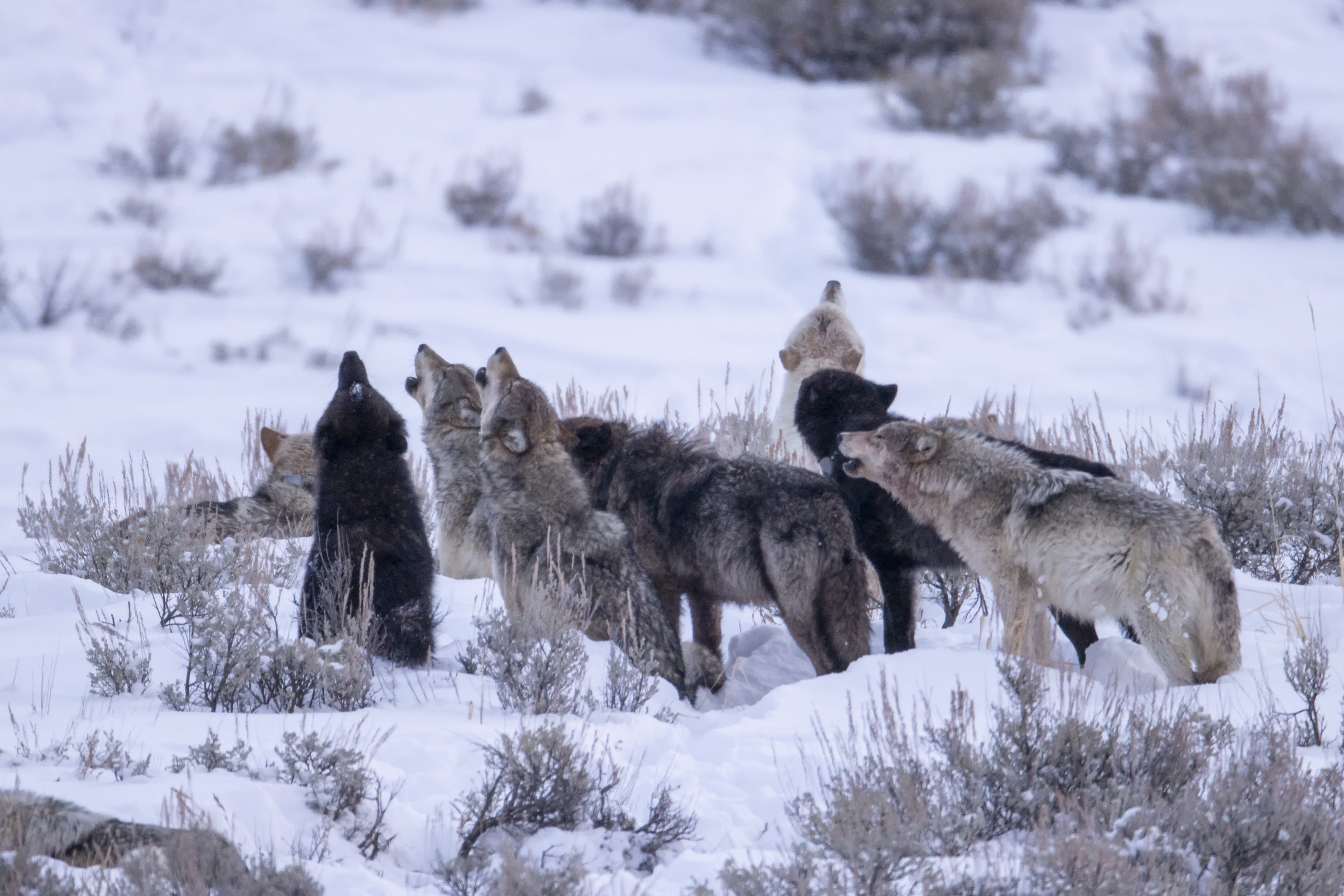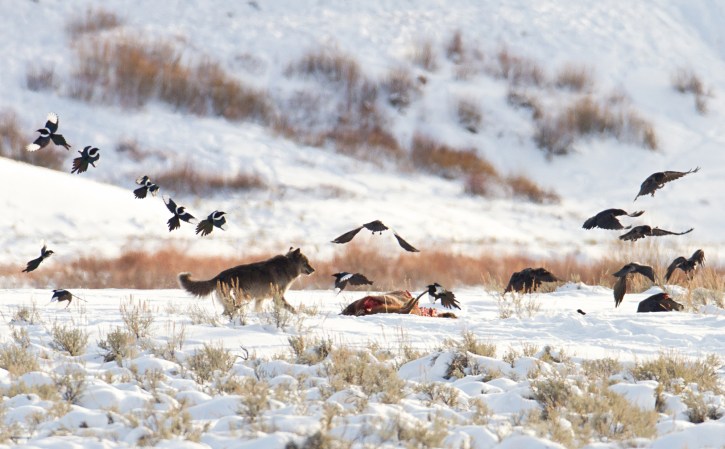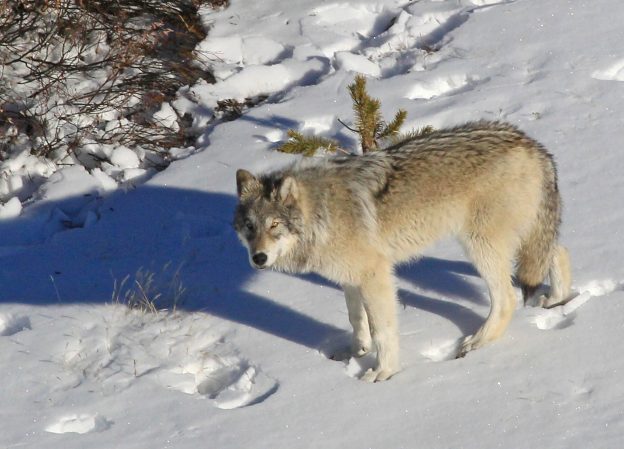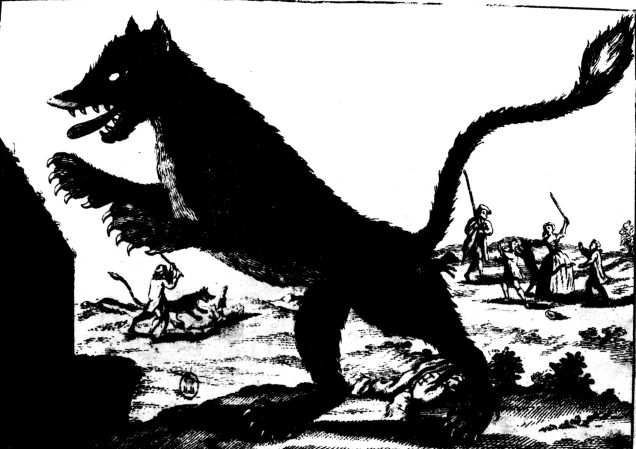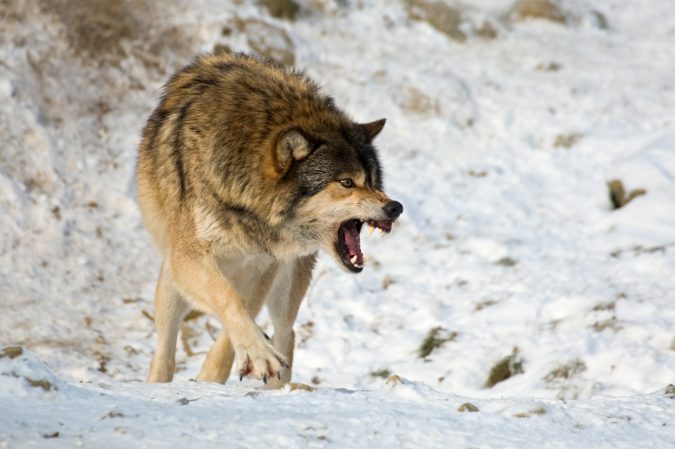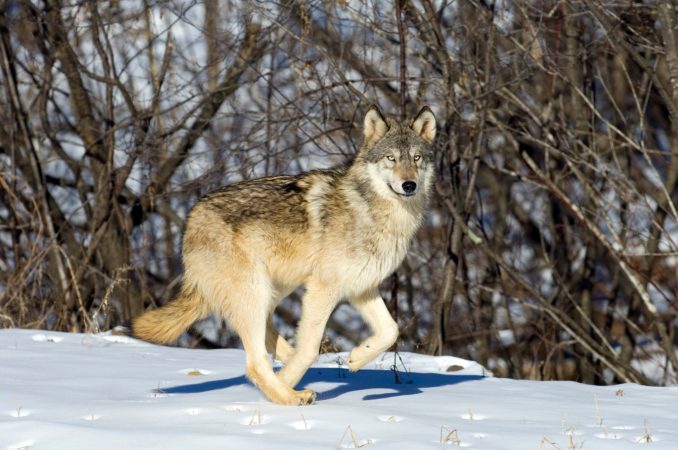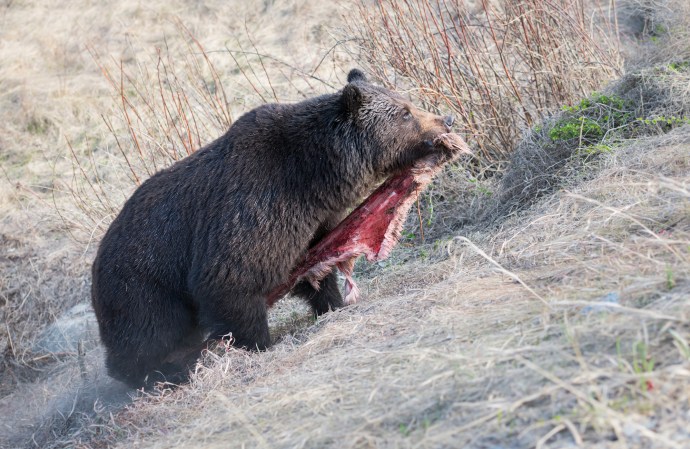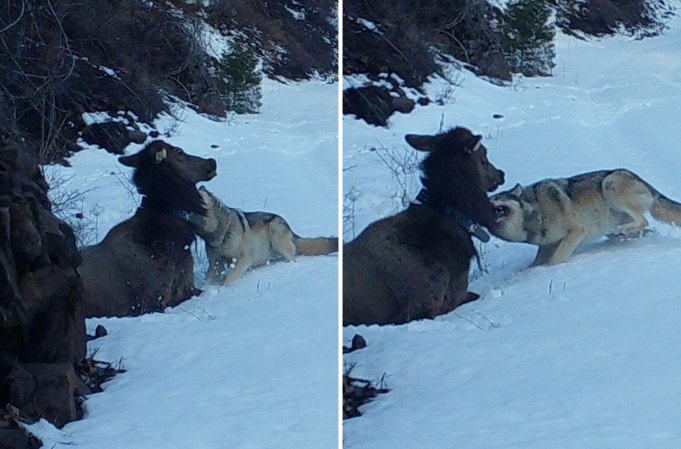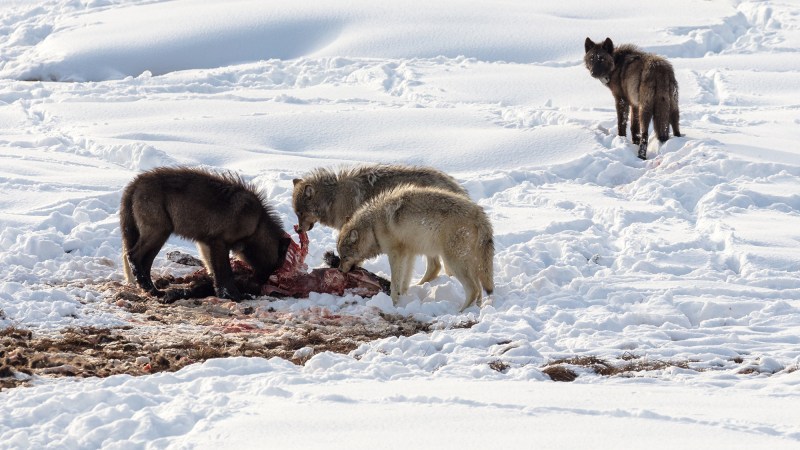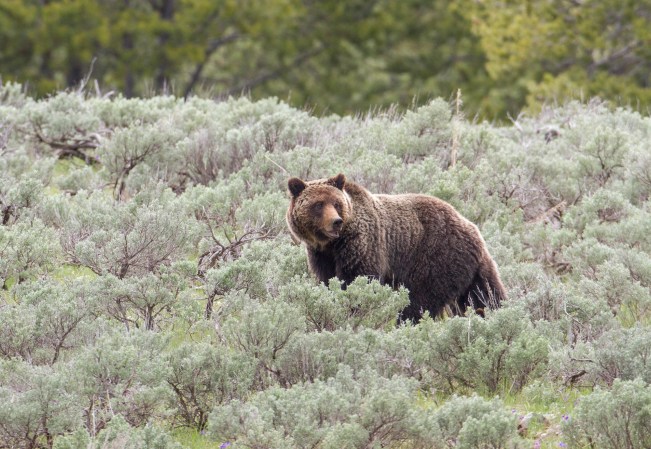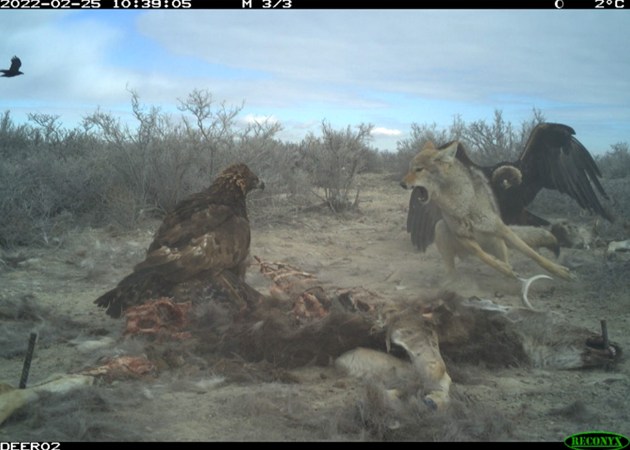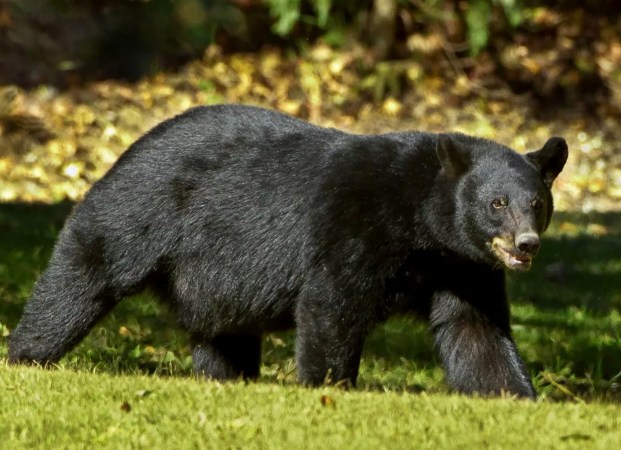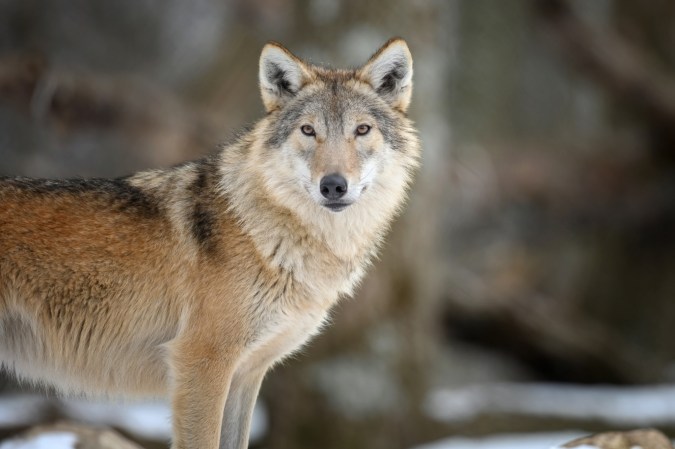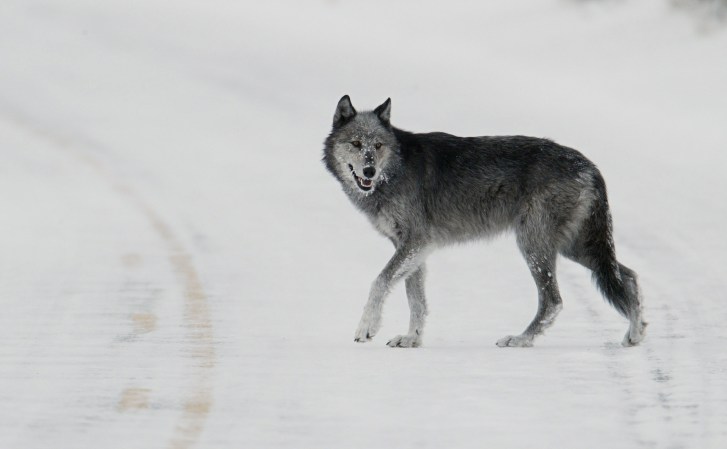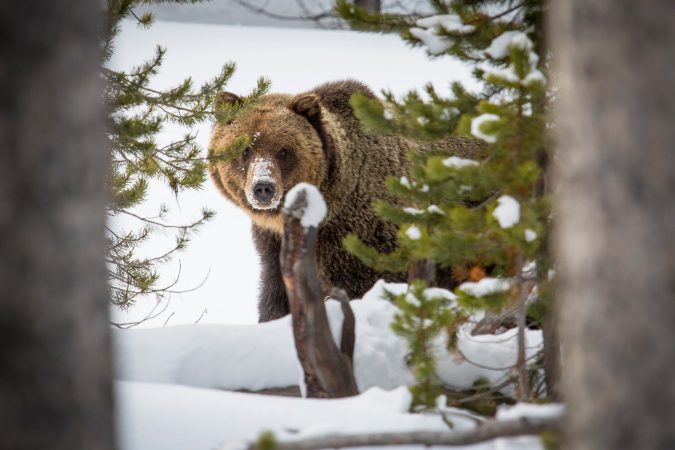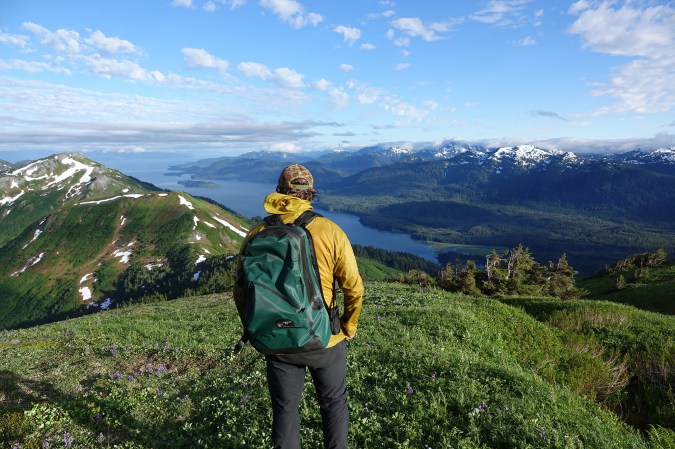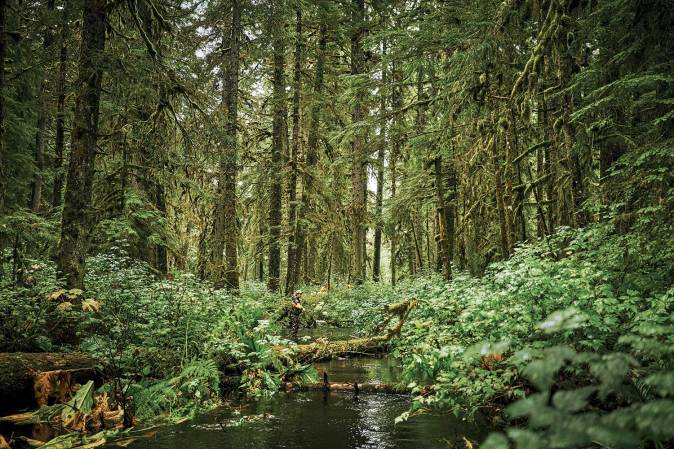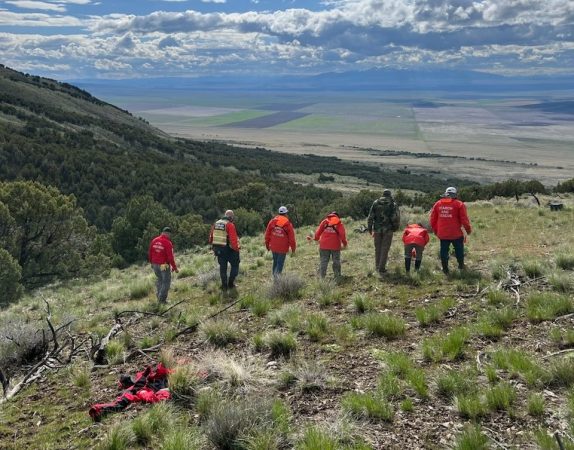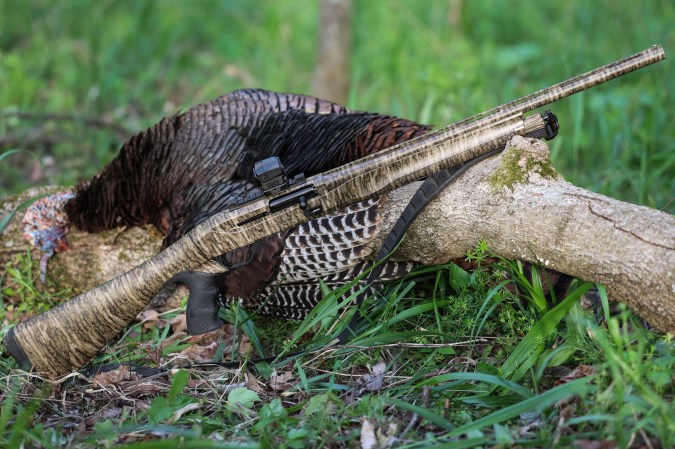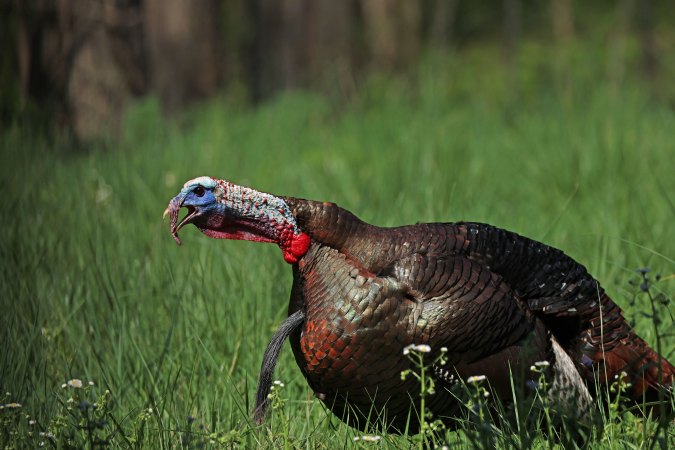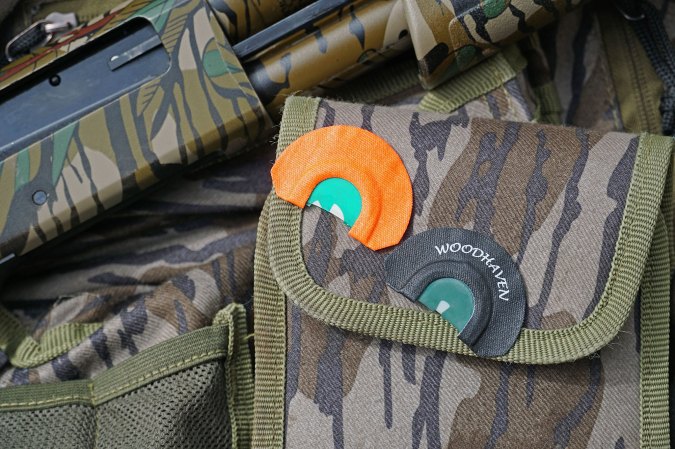America’s heated conversation over wolf management has turned into a screaming match in recent weeks. Death threats from wildlife activists poured into Wyoming last week after news broke that a resident captured a live wolf in February and paraded it around a bar before dispatching it. In Colorado, pissed-off landowners are withdrawing their cooperation with Parks and Wildlife after a second calf was killed by recently reintroduced wolves. The latest round of virtual discussions is today and tomorrow.
Wolf advocates are not especially happy with the U.S. Fish and Wildlife Service’s announcement last month that it was not reimposing federal protections on wolves in the Northern Rockies, claiming the decision “failed not just the wolves of the Northern Rockies, but wildlife and wildlands at large.”
Meanwhile, the venue where most wolf management decisions are taking place is a courtroom as litigation defines the terms of the national debate over where wolves should be allowed to roam and whether we should have more wolves or fewer wolves.
That impasse was articulated by FWS in early February when it declined to restore federal protection to wolves in the Rockies and western U.S.
“Debate over the management of wolves has included more than two decades of legislation, litigation and rulemaking,” FWS noted in a news release. “Wolf recovery to date has been construed around specific legal questions or science-driven exercises about predicted wolf population status. Courts have invalidated five out of six rules finalized by the [U.S. Fish and Wildlife] Service on gray wolf status, citing at least in part a failure to consider how delisting any particular population of gray wolves affects their status and recovery nationwide.”
In order to elevate the discussion beyond the state legislatures and federal courtrooms, and to forge durable management solutions for wolves, FWS in February announced its intention to develop a first-ever nationwide gray wolf recovery plan by December 2025.
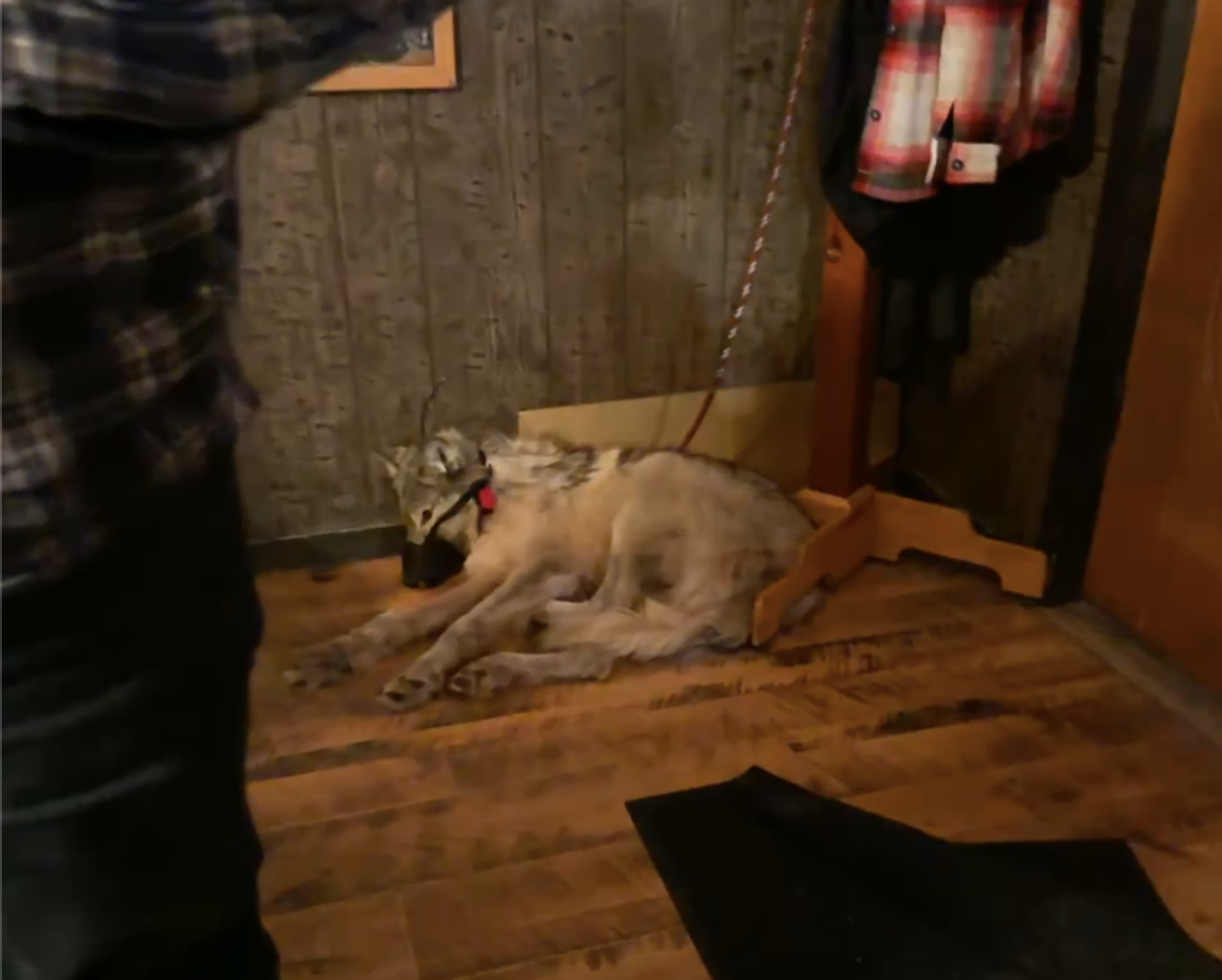
Wyoming Game and Fish
That recovery plan will be informed by a new and controversial process designed to collect a wide range of opinions and facilitate a national discussion on wolves and wolf management. That discussion is very intentionally designed to not take place in a courtroom.
“These discussions, led by a third-party convener, will help inform the Service’s policies and future rulemaking about wolves, and include those who live with wolves and those who do not but want to know they have a place on the landscape,” according to FWS.
That convener is Francine Madden, principal of a firm called Constructive Conflict which specializes in “engaging constructively with social conflict, so communities, cultures and conservation thrive.”
Madden has worked around the world on resolving intractable natural resource conflicts. A Peace Corps volunteer in Uganda, Madden returned to that country to resolve impasses around rural community interactions with mountain gorillas, and her work has taken her to the Galapagos Islands, where she worked on resolving contentious invasive species issues. Her previous work on wolves was in Washington State, where she quarterbacked a process in which hard-core environmentalists and ranchers agreed not only on a middle way regarding wolf management but also adjacent issues like grizzly bear delisting and tribes’ role in species conservation.
Madden’s firm has won a $3.2 million contract to design and guide what the FWS describes as a “national discussion around gray wolves.” The process is formally being called the “National Dialogue Around Working Landscapes and Gray Wolves and Thriving Communities and Cultures.” Creative Conflict’s website devoted to the wolf conversation will go live next Monday, April 23, at www.peoplesprocess.com.
“The Service believes that the conversation is best led by an outside party and not by the Service,” FWS noted in a news release. “Understanding that a fair, inclusive, and balanced public engagement requires a neutral and widely trusted convener to design and guide the process… the Service intends to participate as one among equals with citizens, Tribes, states, environmental groups, livestock producers, hunters and other contributors in this national dialog. Ms. Madden’s team will work with people from all sides to convene and guide the conversation. This effort will help inform the Service’s policies and future rulemaking about wolves.”
The wolf mediation plan got immediate blowback from influential critics: the ranking members of the House Natural Resources Committee. In a February letter to Secretary of the Interior Deb Haaland, Republican committee members wrote that “The timing of this announcement and the lack of clarity about what this dialogue intends to achieve leave the Committee with more questions than answers. Given recent congressional action related to the listing status of the gray wolf and the significant impacts of any executive action on that status, significant Congressional oversight is necessary.”
Committee members further noted that there’s little ambiguity about the listing status of wolves.
“The facts are clear… the species is recovered, should be delisted, and management should be returned to the states.”
In a formal request for all documents relating to Madden’s multi-million-dollar contract and her marching orders, the committee cautioned that, using the “vague parameters of the Service’s proposal, the Service could begin to dictate to states what their management approaches should be. Perhaps more concerning, they could utilize this proposal as a proxy to relist wolves in the Northern Rockies without the support of the impacted States.”
Madden’s contract extends through September 2026, which indicates that Constructive Conflict’s work will be used to develop FWS’s national wolf recovery plan. With so much noise in the air when it comes to wolves, from actual conflicts on the ground to threats of lawsuits and legislative interventions, Outdoor Life sat down with Madden to discuss her background in conflict resolution, how a national conversation might create a durable future for wolves, and how readers can get involved in the discussion. This interview has been edited for brevity and clarity.
Q&A with Francine Madden
Outdoor Life: This isn’t your first work on wolf-related conflict resolution. You worked in Washington State for several years as that state’s Wolf Advisory Committee developed rules around what at the time was a recently restored and growing wolf population. How does that experience inform the national-level conversation?
Francine Madden: I’d say there are a number of parallels between what’s happening nationally with wolves and what was happening in Washington a decade ago. The specific case in Washington was how to move forward on wolf management when some people were saying there could be absolutely zero lethal removal of wolves, and other people saying that lethal removal was the only management choice. Also similar is the perception of wolves as the trigger point for a broad array of other issues. The approach we used, which is similar to work we’ve done in Africa and the Galapagos Islands where there’s intensity around natural-resource issues, is to listen and to make sure that all points of views are heard and understood.
OL: Did your work in Washington result in broad agreement about how to manage wolves?
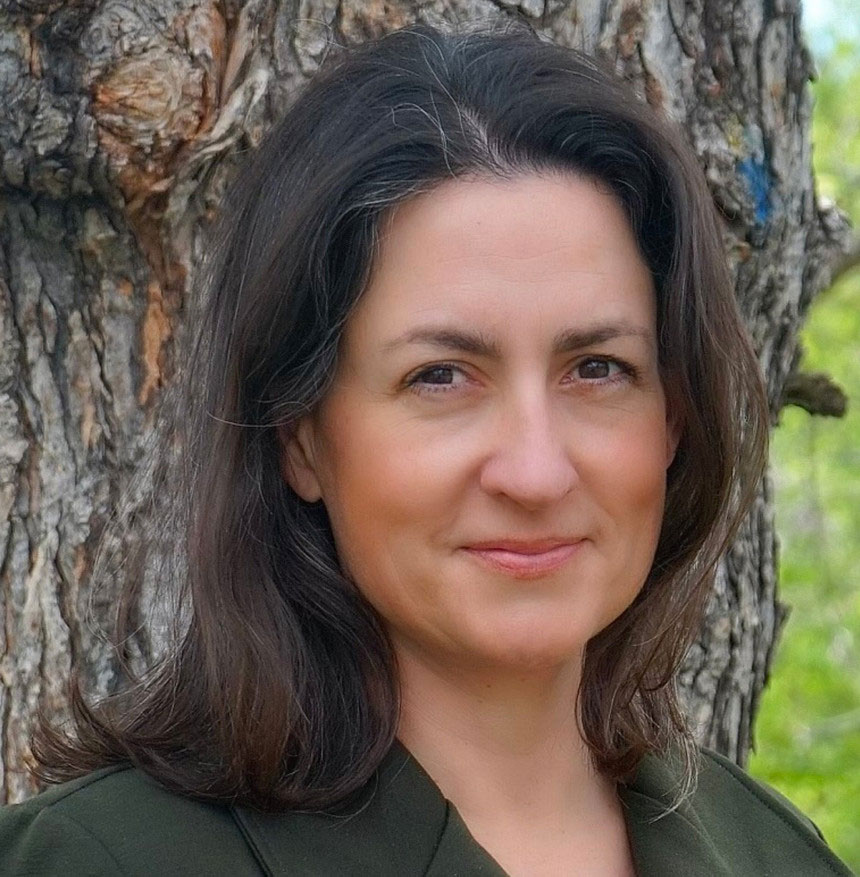
FM: I’d be hesitant to say there’s broad agreement. But I knew my work was done in 2018 because I wasn’t needed anymore. Crises would come up and the participants were able to work through it together and come up with solutions in a relatively quick period of time that they all agreed on. I think that’s a measure of success.
OL: How do you expect to be able to scale up that sort of success on a national level?
FM: Not long after I left Washington, I started getting calls from across the American West, from people across the political and cultural divides, about how to affect change at the national level. So when this [FWS] opportunity came up, I recognized that this is what society has been asking for. The details might be different [from Washington] but I think the approach is the same, to get away from the zero sum game that has come to define natural resource management, where there are absolute winners and absolute losers.
OL: That absolutism defines judicial intervention in resource issues. Do you imagine a resolution to our collective angst about wolves that won’t result in a lawsuit?
FM: I think if we frame the discussion around much more than winners and losers, then we have a chance at a collaborative outcome. We typically reduce this to urban vs rural, government vs citizen, tribal vs non-tribal, left vs right, hunter vs environmentalist. Those divisions mainly exist in our own bubbles. The opportunity to bridge those divides doesn’t exist if left to itself, because increasingly we’re isolated in our bubbles. And so far most of our opportunities to participate are designed as negotiations or as competitions, and as a result we don’t have enough processes that really focus on reconciling the deep-rooted relationships between people.
OL: That sounds pretty abstract. Can you give me an example of that relationship-building?
FM: I’ve been doing this work for 30 years, and whether it’s mountain gorillas in Uganda or tigers in Bhutan or tortoises in the Galapagos or wolves in the U.S., we focus on that tangible dispute: mule deer vs wolves or cows vs wolves. The policy leans right or left, or somebody gets elected and things get enacted where one side feels like they won and the other side feels like they lost. But at the root of it, some basic human needs that are not being met. Those are people’s identities, their way of life, that’s not only not being recognized, but is being threatened with annihilation.
What does any rational human do when you sense that you’re being attacked? You fight back. Until we have a process that legitimizes people’s identity, we can’t start to solve problems. People need to be recognized and respected and acknowledged for their contributions. I hear a lot from hunters, in the context of wolves, that they’re not being recognized as the conservationists that they are. There’s a feeling that the term conservationist is being co-opted by people who are not part of their group. So they’re going to fight for that identity. Our relationship-centered approach is designed to build people’s sense of security — whether that’s financial or physical or cultural or social or emotional security — and sense of belonging, so that they can reach their potential without feeling threatened.
OL: So, how does acknowledging participants for their contributions move the needle on what seem like pretty divergent views of wolves in America?
FM: If we can build a process in which people trust each other and recognize each other’s values and identities, then I think the outcomes will follow. Good people in a bad process are not their best selves. The process is really the foundation for bringing out the best in people so that they can make decisions together and really solve each other’s problems.
Going to the Washington case, I came into a situation where one side started with ‘kill all the wolves’ and the other side started with ‘we’re not going to kill a single wolf.’ Within a year, by the time they got to actually working on policy, the wolf advocates were saying we need lethal [removal] in the tool box. And the advocates for lethal removal were saying we need non-lethal in there. They had made a social compact to solve each other’s problems.
In the national dialogue, we want to get people to a place where they want to solve each other’s problems, and you cannot do that if you don’t have a process designed to reconcile the deep-rooted us-versus-them conflict that people are bringing into the room. Because neurologically we can’t solve problems or make rational decisions if we are in our flight-fight-freeze part of our brains because we feel the other side is there to annihilate us.
OL: What is the outcome of this dialogue? What does the FWS expect from your work?
FM: The Service has said that they have regulatory obligations, but they recognize that this conflict around wolves and wolf policy is bigger than and more than the legal regulatory component. I do not have a mandate to deliver something to the Service, instead my mandate is to deliver something to the people of this country. That’s a precondition for my involvement. I stress that you can hire me, but I don’t work for you. I work for the entire system. That’s critical for us being a third-party neutral. It’s critical for people involved to understand that I am not beholden to one side or the other, and that I honestly don’t know what will come out of this. It’s not for me to say. This process is going to be designed with and for the people. Whatever outcomes or outputs come out of this will be up to the people. It’s not up to the Service. It’s not up to me. Our job is process and relationships. To put in place a process that can then result in decisions and policies.
OL: What does the public involvement process look like? How can Outdoor Life readers engage in the national dialogue?
FM: We’re in the building-awareness and getting-the-word-out part of the process now. We are in the process of getting people’s input, and have already connected with over 4,000 people across the country. Who needs to participate? Not necessarily individuals, but what are the views and values that need to be in the room as we have an opening conversation? Specifically, this week [April 15] we will be hosting a round of virtual discussions, small-group virtual meetings where we will share more about this process and seek guidance and wisdom from participants as we begin to design the process.
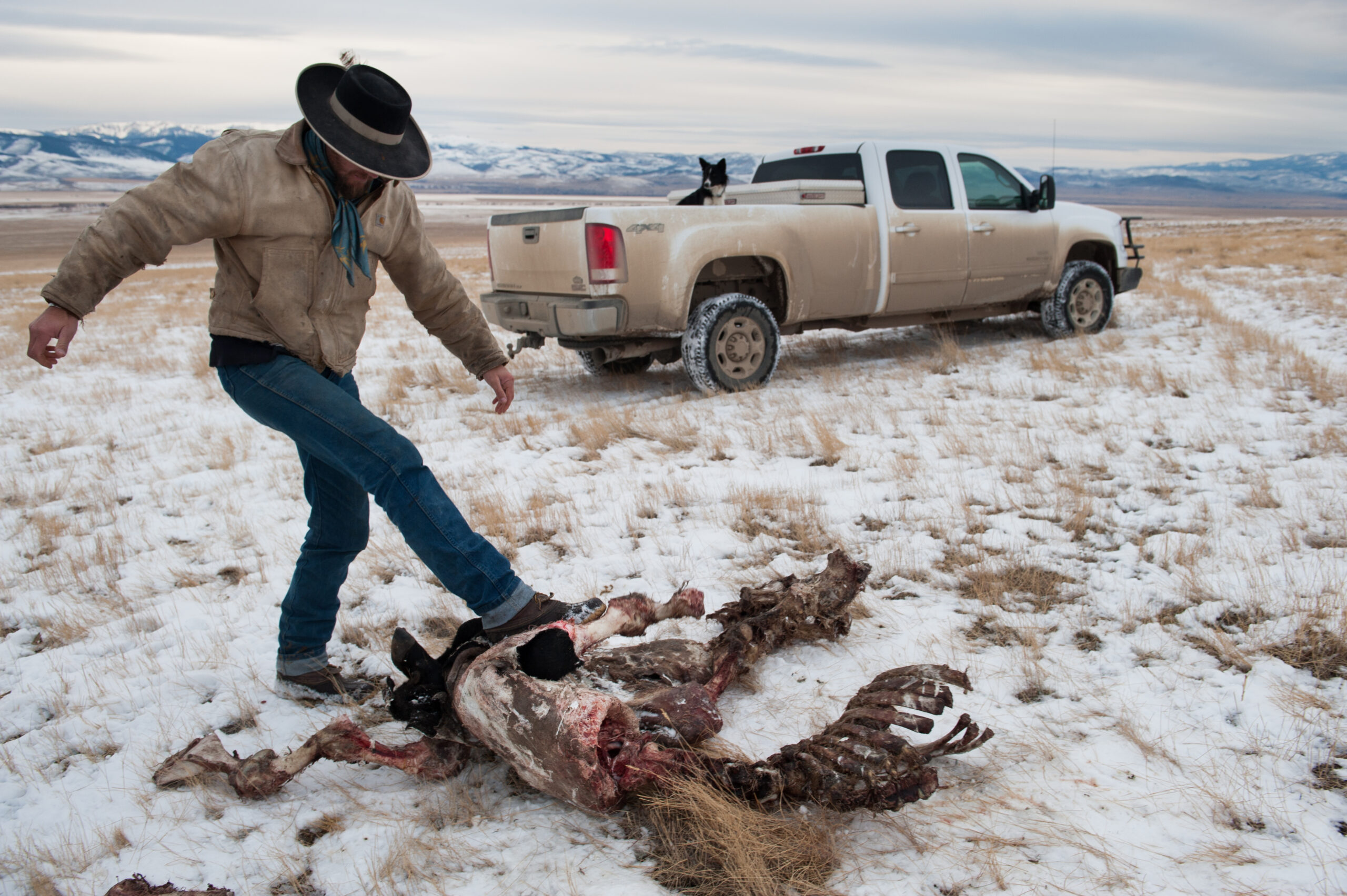
OL: How will you be able to gather input from what could be tens of thousands of people who want to participate in this national dialogue?
FM: First, I should acknowledge that no one has ever initiated a dialogue at this scale around a controversial topic, so there are a lot of unknowns. But we’ll be documenting this first step, and then broadening awareness to engage more people in the process, especially young people. We’re hoping to reach thousands if not millions of people through that next part of the process. If you think about it in chunks, this first phase is initial design and understanding what voices need to be heard. While you can’t have everybody in the room, what you can do is make sure that the different views and values represented across society are in the room.
I picture this process as a funnel, really wide at the mouth in order to gather a lot of different perspectives, but then it narrows down so that we can have meaningful conversations among a few dozen people who represent different views and values. Then the funnel goes wide again to share out those discussions so that we’re engaging with a really wide swatch of the American public in a meaningful conversation about wolves.
Even if you’re not in the room, at the end of the day someone in the room is speaking to your concerns, needs, values, and identity. I mentioned that we want to engage with young people. That’s because at the core of what we’re doing should be about looking forward. We care about our kids and our grandkids, our next generations, and we want them to be able to thrive, in whatever way that may be.
Will that be enough? I don’t know. It’s never been done before. What I love about what I do is the emergence of things that I could not have foreseen, and what people do with this capacity to transform conflict. What people do and what they’re capable of when they no longer feel under threat is phenomenal.
OL: I have to be honest. Listening to the unknowns about the dialogue, and also recognizing that there don’t seem to be a lot of neutral views when it comes to wolves, I’m skeptical that we can talk out our differences, especially on a broad national scale. What would you say to skeptics of this national dialogue?
FM: I love skeptics. They’re often my favorite people, and I want them as my advisors. You need the skeptics to keep you grounded, to poke holes in assumptions, and to really challenge you to think about how this is going to benefit that community or this society. I absolutely want the skeptics to come out of their corner and talk to us, because I want to understand where they’re coming from and I want them as part of this.
I would also observe that skeptics often include those who think they’re winning right now. I’d say, yes, they may be winning at the moment, but they’re still plagued with uncertainty because they never know when it might change. People don’t do well with uncertainty. People who are losing right now, they have certainty about what they need to do to win, but neither is a very satisfying situation because both are defined by uncertainty.
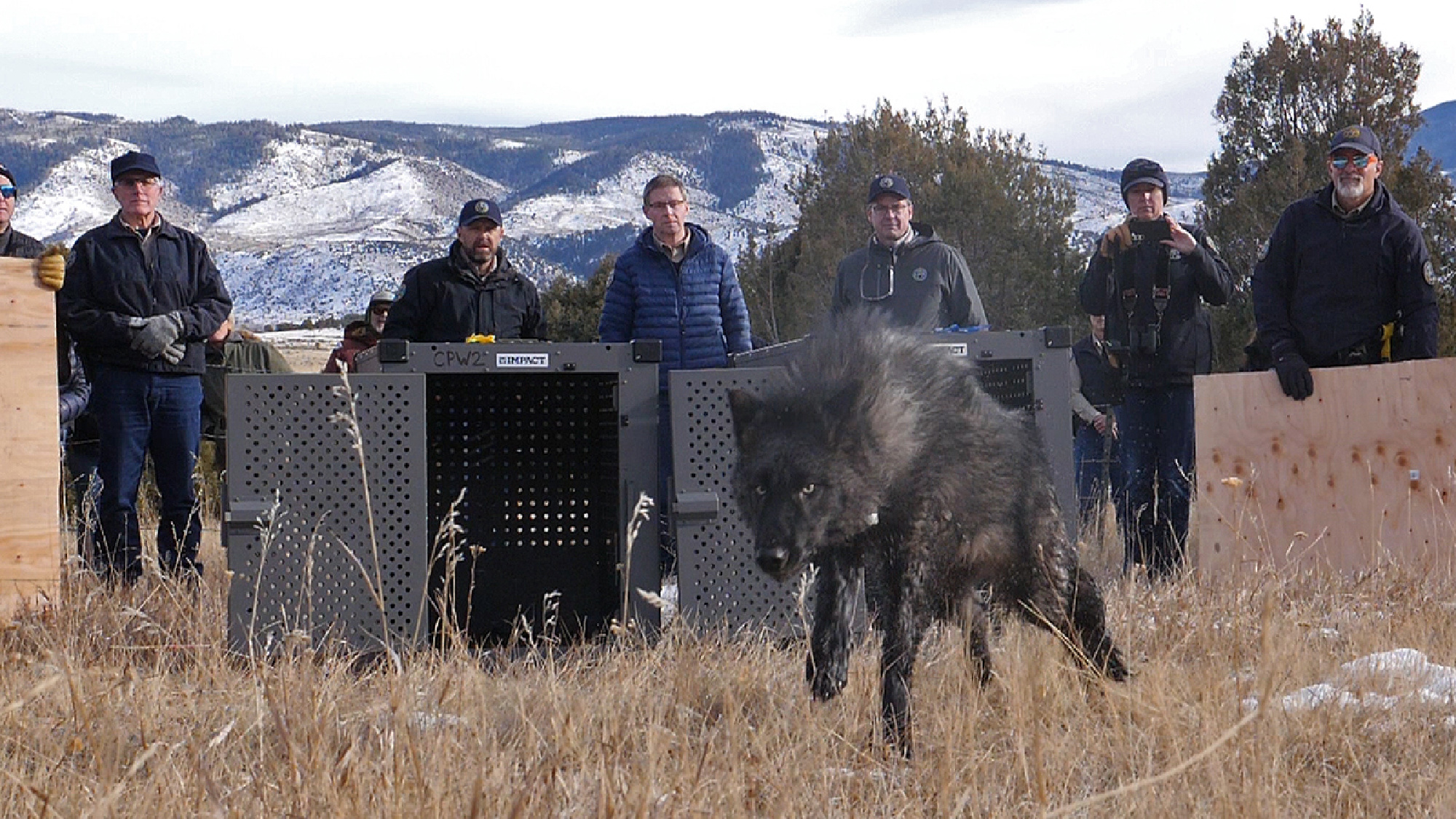
Colorado Parks and Wildlife
How to Participate
Virtual discussions that will help frame the national dialogue around wolves and wolf management are scheduled for this week, today (Monday, April 15), from 2-3 p.m. EST, tomorrow, Tuesday, April 16, at 3 p.m. EST, and the following Tuesday, April 23, at 11 a.m. EST. The wolf dialogue’s website will be live next Monday, April 22.
The meetings will be conducted via Zoom, and participants must pre-register. Here are the days, times, and links to join the discussion:
- Monday, April 15 2:00pm-3:00pm (Register here!)
- Tuesday, April 16 3:00pm-4:30pm EST (Register here!)
- Tuesday, April 23 11:00am-12:30pm EST (Register here!)
If you have trouble registering, or want to get on the Constructive Conflict newsletter, email convener@constructiveconflictllc.com.

